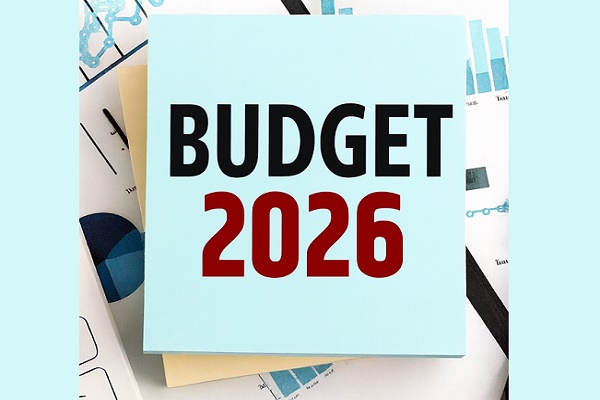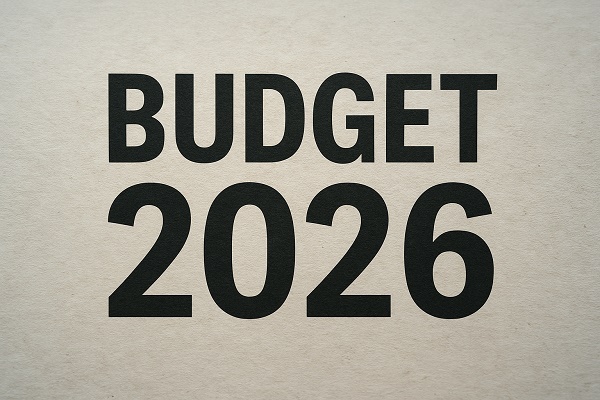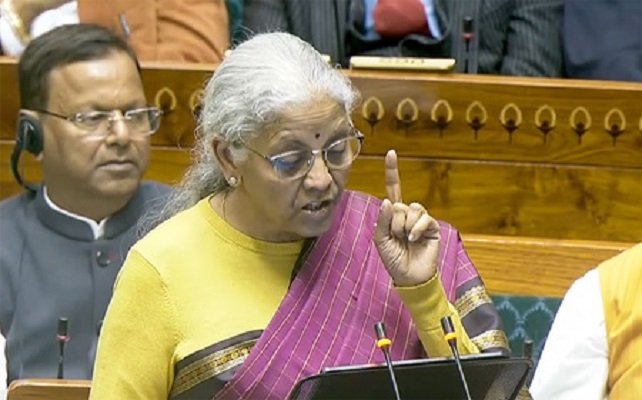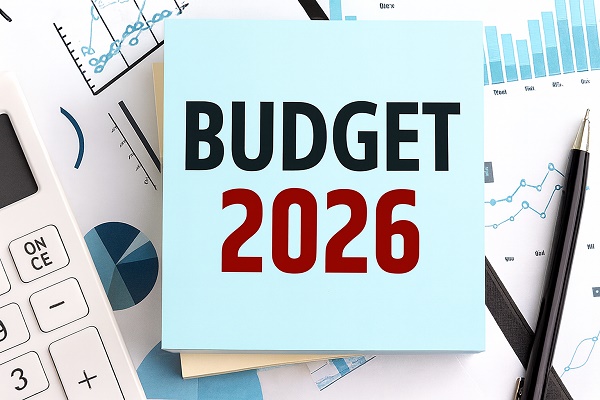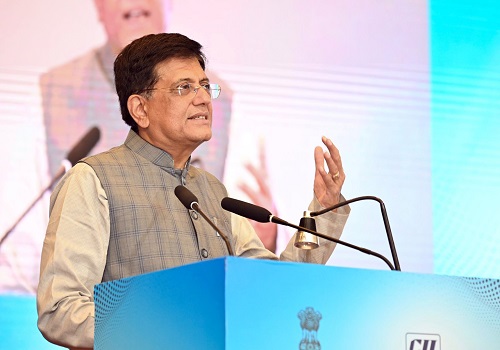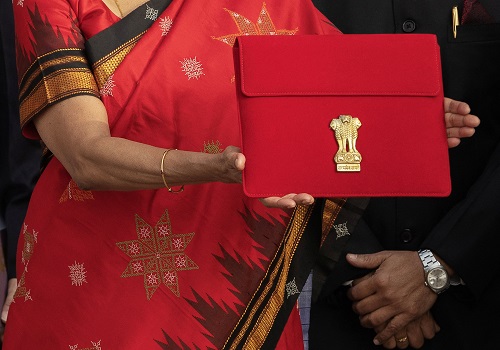Quote on Human Resources Budget Expectations by Devashish Sharma, CEO and founding member at Taggd

Below the Quote on Human Resources Budget Expectations by Devashish Sharma, CEO and founding member at Taggd
“As we anticipate the Union Budget for FY 2024-25, we recognize the challenges and opportunities.
On one side, we are encouraged by the government's efforts to curb food inflation, tackle unemployment, and address agricultural challenges. The declining overall unemployment rate, now at 7% as of May 2024, is a testament to these efforts. However, the current unemployment rates specifically 10% for youth, 13.8% for urban males, and 21.7% for urban females - underscore the urgent need to equip our youth with in-demand skills for booming sectors like:
a) Semiconductors - expected to reach $64 billion by 2026
b) EV sector -projected to grow at a compound annual growth rate (CAGR) of 26.8% from 2021 to 2030
c) Healthcare - expected to grow at a CAGR of 22% between 2020 and 2025
d) E-commerce - to reach USD 300 billion by 2030
e) Manufacturing - aims to contribute 25% to the GDP by 2025
f) AI/ML in IT/Tech, which has seen a 15% growth in jobs in recent times.
We see a critical opportunity to bridge the academia-industry divide. By transforming bilateral agreements into tripartite ones, we can better align education with industry needs. This includes extending apprenticeships to a structured 7-year program with a modular credit framework, allowing seamless mobility across education streams.
We are optimistic about the special initiatives for the MSME sector, which contributes nearly 30% to India’s GDP. The allocation of Rs 22,138 crores in the interim budget and the anticipated schemes to enhance supply chains and manufacturing capabilities will significantly bolster this sector.
Furthermore, the government’s ambitious goal to meet half of its energy needs through renewable sources by 2030 is commendable. Promoting rooftop solar energy capacity and other renewable energy initiatives will contribute to environmental sustainability and create numerous job opportunities.
Given that a large portion of India’s workforce is engaged in agriculture and the informal sector, we agree that reforms are much needed in agriculture and food processing, however, will need to be well-planned, executed on ground, transparent and sustainable. The socio-economic impact will need specific addressal by the overall government machinery. That said, increased public investments in agricultural infrastructure and private sector involvement are absolutely essential to spur employment and economic growth.
This budget has the potential to be a game-changer. By implementing these measures, we can strengthen India's economic resilience and unlock the potential of our future generations. Together, let's build a skilled workforce that thrives in the dynamic world of work and fosters a robust economic environment.”
Above views are of the author and not of the website kindly read disclaimer
